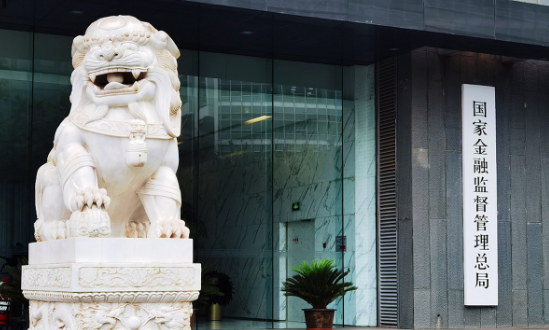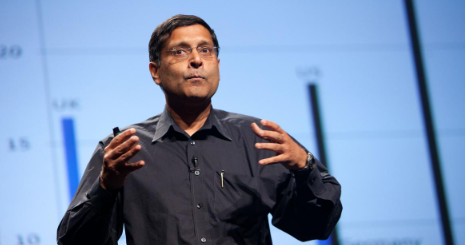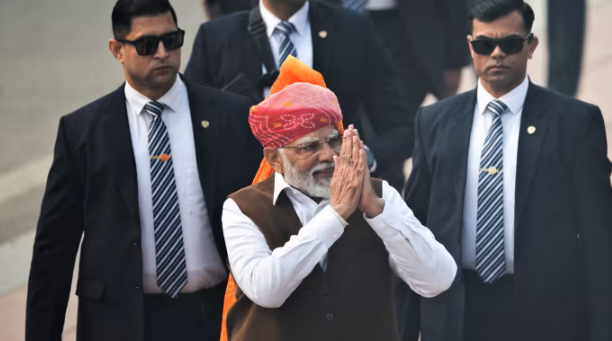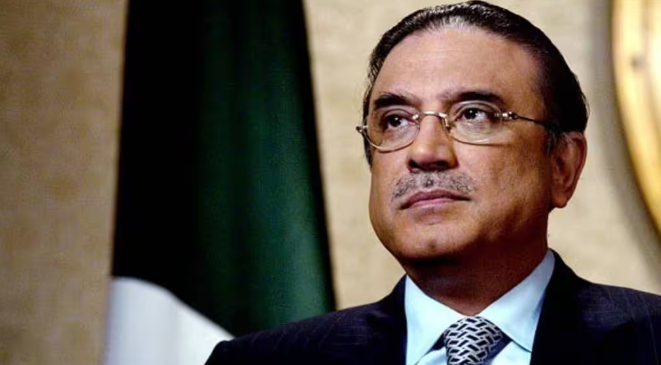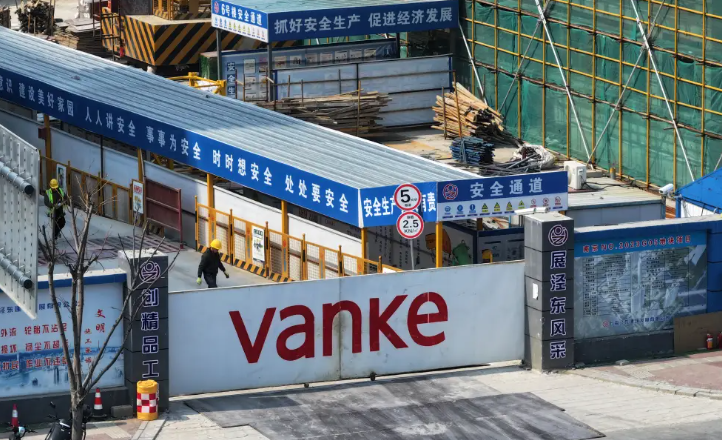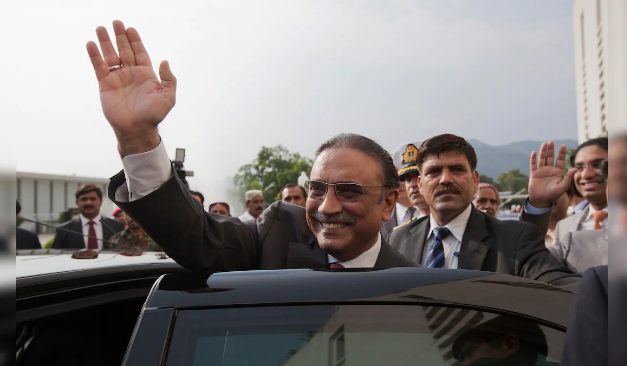A Silent Drop in Foreign Direct Investment Affecting India
This month, India signed a rare free trade agreement with four countries in Europe that make up the European Free Trade Association (EFTA). Coming after 16 painful years of negotiations, the deal will see India lift most import tariffs for industrial products from Switzerland, Norway, Iceland and Liechtenstein. In return, the EFTA countries will invest $100 billion in India over the next 15 years.
The announcement comes on the back of flagging foreign direct investment (FDI) into India in recent years. Between April and September of last year, India pulled in just a little over $10 billion in FDI — the lowest tally for the first half of a financial year since the 2008 global recession, according to data from India’s central bank, the Reserve Bank of India (RBI). That comes on the back ...

